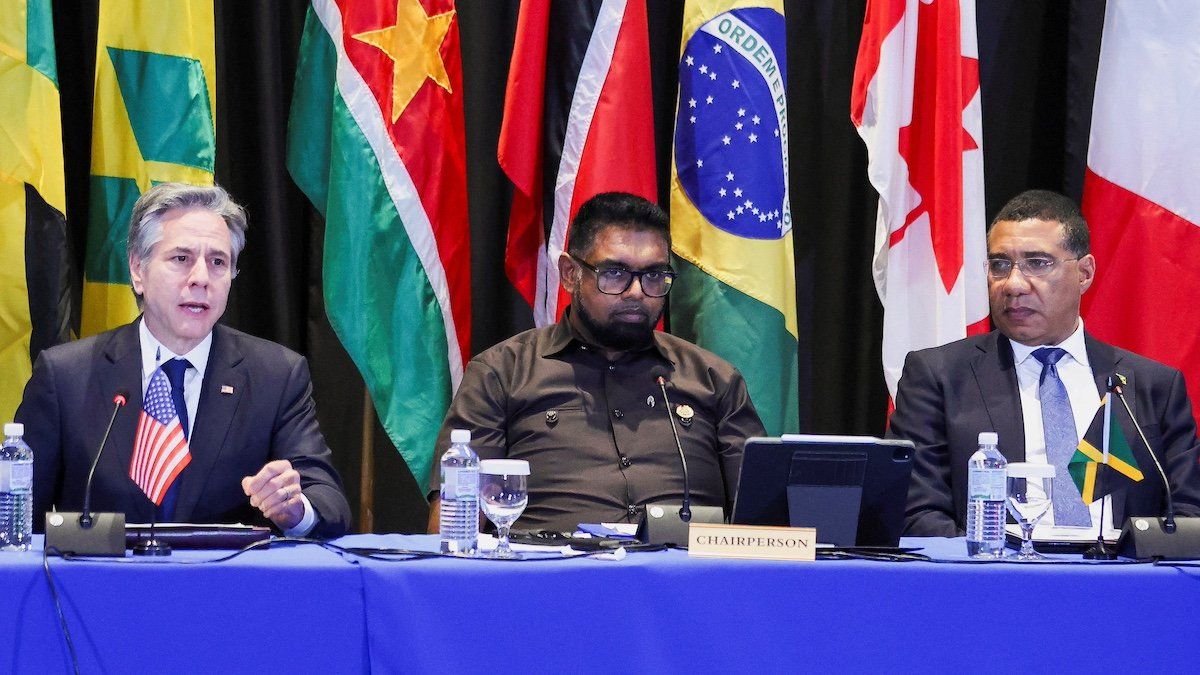American, Canadian, French, and Caribbean diplomats are in Jamaica this week trying to chart a security plan for Haiti, where a gang leader is poised to control the country’s streets, but so far Haitians can’t agree on a plan.
The Americans and Canadians brought their checkbooks, but neither were likely to send troops to establish order.
On Monday, US Secretary of State Antony Blinken committed to spend $100 million more on a security force after the politics are worked out. On Tuesday, Haiti's unelected prime minister, Ariel Henry, agreed to step down, clearing the way for a new governing body.
Kenya, which is ready to send a police force to re-establish order, has said it will not do so unless there is a functioning government.
This has set the stage for wrangling over who will constitute that government, but on Wednesday, several key Haitian political figures said they would not participate, setting the stage for the violence to continue.
Last year, Joe Biden’s government asked Canada to send troops to help stabilize Haiti, but Justin Trudeau declined, citing capacity issues and the mixed results of previous interventions. Canada is instead ready to send Mounties to act as trainers, but none of that can happen until Haitians agree.